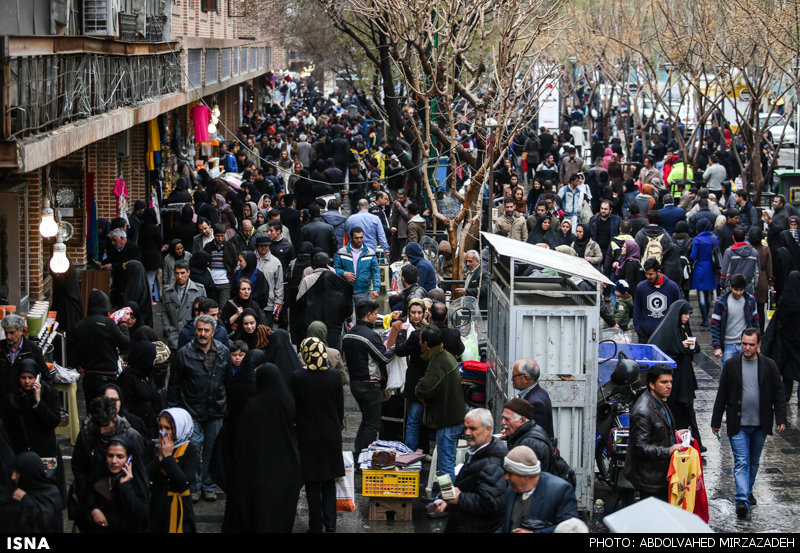Women, powerful motivators for immigration to Tehran: study

TEHRAN – Immigration is changing its identity to a womanly phenomenon, so that, currently half of the immigrants are women, researchers believe.
Women’s effective role in migrations and decision-making for immigration is a reality all through the history.
Although women are not decision-makers apparently, they are the leaders of immigrations behind the curtain.
Imagining women as passive personalities and being the followers of the family is definitely wrong, especially in immigration phenomenon.
According to a survey conducted based on scrolling technique on 500 married women by the University of Tehran, more than 44 percent of immigrants nationwide during the Iranian calendar years 1385-1390 (March 2006- March 2012) have been women.
In 1385 (March 2006-March 2007), all around the country, about 72 percent of women have immigrated following their family decision, however, this amount have decreased to 69 percent in the Iranian calendar year 1390 (March 2011-March 2012).
Tehran Province has enjoyed the maximum number of immigrants, ISNA reported, citing a report made by the University of Tehran.
In other words, Tehran Province has enjoyed both the highest share of following immigrants and the women immigrants.
The survey shows that women’s dissatisfaction about their place of residence, leads them to make decision about immigrating toward the capital city of Tehran.
The more women’s leadership role in family is stronger, the more their involvement in decision-makings has a positive and meaningful relationship with family immigrations, the survey asserted.
Women’s level of education, is an effective factor in their immigration, said Serajoddin Mahmoudiani, a demographic researcher at University of Tehran based on his and his colleagues study.
The individual characteristics of women are more important in decision making about immigrations, than their husbands’, the research added.
The study shows that women see family immigrations as a strategy for improvement of family’s economic situation and providing better future for the next generation.
The research has been published in the journal of “Women in Development and Politics” of the center for women’s research and studies affiliated to the University of Tehran.
NM/MQ/MG
Leave a Comment